Embraer has announced a package of sustainability initiatives, headlined by a commitment to achieve carbon neutral operations by 2040, and to actively develop electrification, hybrid propulsion, sustainable aviation fuels and “other innovative energy alternatives” to reach net zero emissions by 2050, reports Tony Harrington. The Brazilian manufacturer of regional and corporate jets has pledged to develop products, services and disruptive sustainable technologies, including a zero-emission e-VTOL aircraft by 2026, to progressively decarbonise its activities and its products. It has also highlighted plans to work closely with industry partners, not only to make its current portfolio of aircraft capable of using 100% SAF, but also to collectively expand the global scale of SAF production, which reinforces the global trend towards strategic partnerships in pursuit of more sustainable aviation.
“At Embraer, we recognise the urgency of the climate crisis and we are fully committed to a more sustainable future,” said Francisco Gomes Neto, the company’s President and CEO. “We are stepping up our efforts to minimise our carbon footprint by remaining dedicated to innovating solutions that have a broader impact for our customers, our local communities and our aircraft.”
Embraer’s stepped strategy to decarbonise its operations and products is part of a part of a broader sustainability agenda, which also includes significant focus on increasing development of aerospace skills, and greater social inclusion in hiring, education and leadership programmes.
In line with the Paris Agreement 1.5C goal, and using 2018 as its baseline, the company will target by 2040 a 50% cut in Scope 1 and 2 carbon emissions – those created by its own controllable activities, or in the production of the energy it uses for its operations, which it is committing to switch to 100% renewable energy by 2030.
Embraer has committed to carbon neutral growth from 2022, using 2021 as its baseline, and plans to achieve net zero aviation emissions by 2050 (Scope 3) by continuing to improve the efficiency of its current portfolio of aircraft, and by developing products, services and disruptive sustainable technologies such as electrification, hybrid, SAF and other innovative energy alternatives.
The company has also signalled plans to fly a hydrogen-powered demonstrator aircraft by 2025, a future source already heavily favoured by Airbus and championed by ventures such as ZeroAvia, in which British Airways is among the stakeholders, and Lufthansa Technik, which is preparing to test ground infrastructure for this source.
For residual emissions that cannot be reduced through efficiency projects, alternative energy or advancing technology, Embraer will use carbon offsets.
This year, Florida-based Embraer Executive Jets will become the company’s first industrial facility to use SAF regularly in both production and demonstration flights, a natural extension of its participation since 2018 in the Business Aviation Coalition for Sustainable Aviation Jet Fuel to progress the adoption of SAF in business aviation. As part of the initiative, Embraer has announced a collaboration with aviation fuel provider Avfuel to bring Neste MY Renewable Jet Fuel to the facility at Melbourne Orlando International Airport. Last month, Avfuel provided a first delivery of approximately 8,000 gallons of the fuel from Neste’s Houston location.
As well, in line with surging industry interest in electric or hybrid-electric aircraft for zero emission regional and short-range operations, Embraer has also undertaken the first flight of its all-electric demonstrator aircraft, an EMB-203 Ipanema, and is performing flight tests in Gavião Peixoto, Brazil, as part of a research partnership with two of the country’s largest electric mobility solutions providers, WEG and EDP.
Electric aviation continues to advance rapidly, with a broad mix of e-regional aircraft and an evolving catalogue of e-VTOL air taxi concepts taking flight, with strong support from major operators including US giants United and American, Virgin Atlantic, Azul, Finnair, DHL and aircraft lessor Avolon, together with increased signs of interest from others including Icelandair, Hawaiian and Air New Zealand, all of which have significant short-haul operations.
In addition to its own commitments to progress sustainable air transport, Embraer recently joined the Target True Zero (TTZ) initiative of the World Economic Forum (WEF) as part of a broader commitment to achieve zero-emissions aviation goals through the development and introduction of new propulsion systems and fuel technologies.
The TTZ programme is designed to identify measures which will help expedite the deployment of zero-emissions aviation through development of electric and hydrogen technologies.
“We are committed to seeking solutions to enable the future of a more sustainable aviation and innovation will play a key role in this journey,” said Luís Carlos Affonso, Embraer’s VP Engineering, Technology and Corporate Strategy.
Photo: Embraer


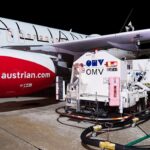

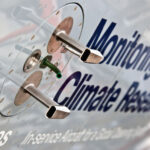


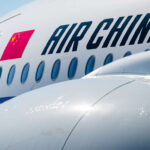
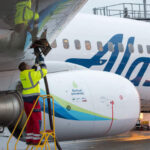
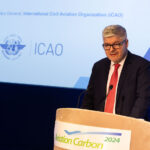
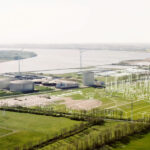
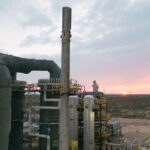
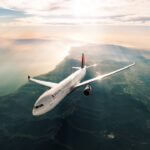
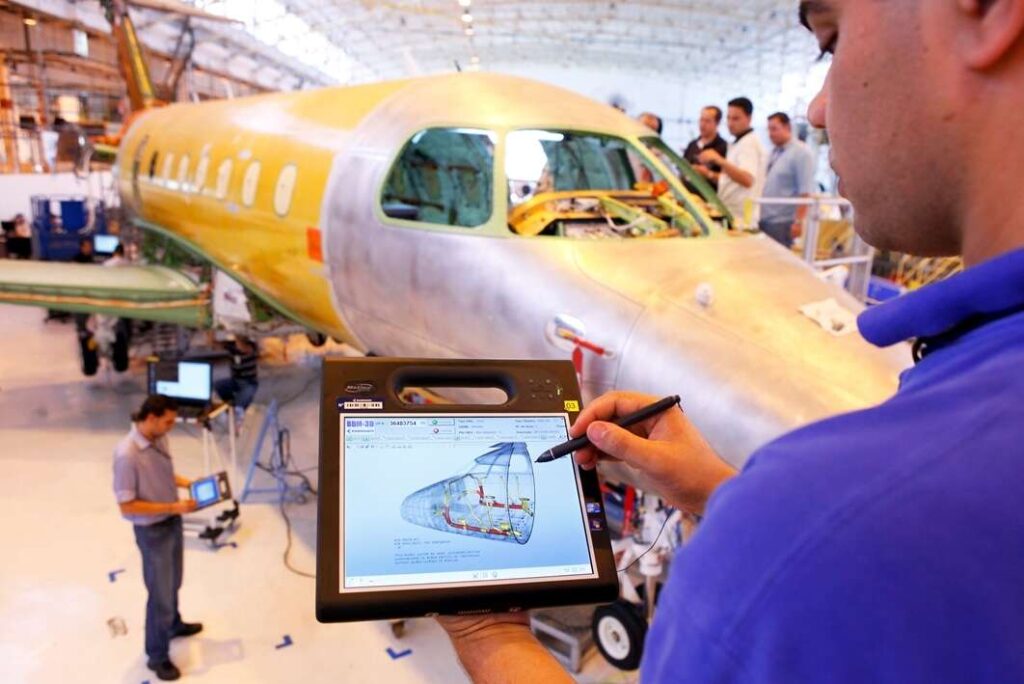

More News & Features
SITA teams with Arab airlines on developing technology to enhance flight sustainability
Alaska Airlines invests in innovative commercial blended-wing body aircraft developer JetZero
US awards $291 million in grants to accelerate low-emission aviation technologies and SAF production and use
Dovetail gets Australian state support and secures seaplane electric conversion deal from Norway
United Airlines’ venture arm adds eight new partners to its $200m Sustainable Flight Fund
Boeing selects Pratt & Whitney and Collins to support new NASA sustainable flight test programme